A Kenyan nurse has received international recognition for her outstanding efforts in advancing global health.
In a statement released by the World Health Organisation (WHO), Dr. Jemimah Kariuki was named as the receipient of the WHO Director General's Award for Global Health 2021.
"WHO Director General's Award for Global Health 2021 goes to: Mrs Rosalynn Carter, Catalin Denciu, and Jemimah Kariuki," the statement read in part.
"Congratulations to Dr Jemimah Kariuki, recipient of the WHO Director-General’s Award for Global Health 2021 in recognition of your contribution to advancing global health," WHO Kenya commended.
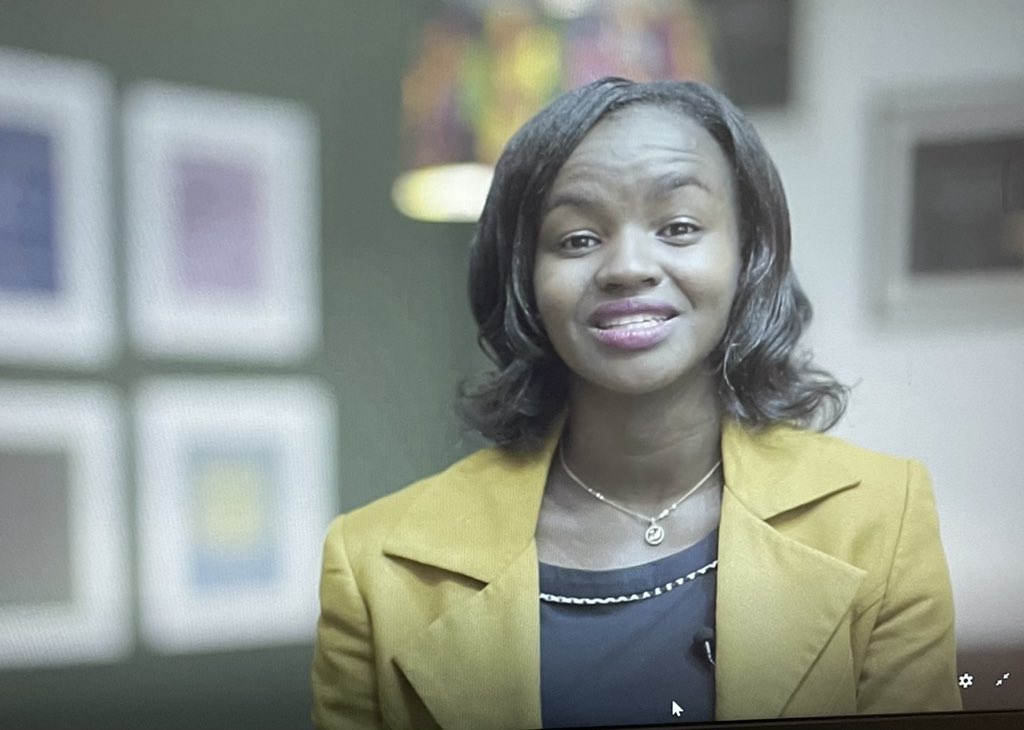
Read More
Dr. Kariuki expressed gratitude for the recognition stating, "Thank you so much WHO and most especially the Director General Dr. Tedros Adhanom for awarding the effort and all my colleagues and partners for making it possible. For the young in society this shows that you can make it! And to all pregnant women the world cares about your life."
Dr. Kariuki, a Resident in Obstetrics and Gynaecology based in Nairobi hit global headlines following her efforts to care for pregnant mothers during the Covid-19 pandemic.
She stepped up her efforts after she was drawn to a scenario where a mother died while trying to seek medical care during the 7pm to 5am curfew period in 2020, leaving behind an infant.
"Any lady during this curfew and Covid-19 crisis who feels they are unable to reach the hospital and they are in labour or have an emergency kindly reach out and I will do my best to intervene," Dr. Kariuki tweeted at the time.
She was lauded by local leaders, the media and members of the public for her efforts to create a safe environment for pregnant mothers, especially at a time when police brutality in the country was at its peak during the Covid-19 pandemic.
"First of all, even before we discuss how they can be assisted, these patients are embroiled in fear and anxiety. Remember birth pains can go up to 13 hours and anxiety and expectancy do not go hand in hand.
"I'm still in the process of reaching out to stakeholders with help from my senior consultants and the Gynae community as a whole. We are looking at how we can ensure that the women are guided. We have cabs that are operating at night and we have seen how telecommunication companies have come together to save Kenyans in this crisis. All of us need to sit down and see how we can respond, by linking them to emergency service providers such as AMREF" Kariuki stated during an interview with a local daily in 2020.
At the time, she urged police officers in the country to step up and help medical practitioners care for special cases in the country.
"Our police should be informed that they can give leeway to allow people to go to the hospital, either by seeing a letter of admission or by the pain a patient is undergoing. However, in some cases, one cannot see blood. For example like the first-semester miscarriage.
"Women should also be aware of danger signs such as the baby not moving or water breaking and should avail themselves at a facility. They should be prepared by having their bathing kits ready, their NHIF, ID cards available and should pack baby clothes to be shown to police officers," she had detailed.
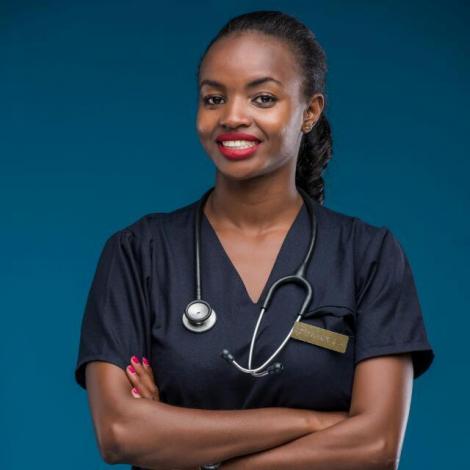
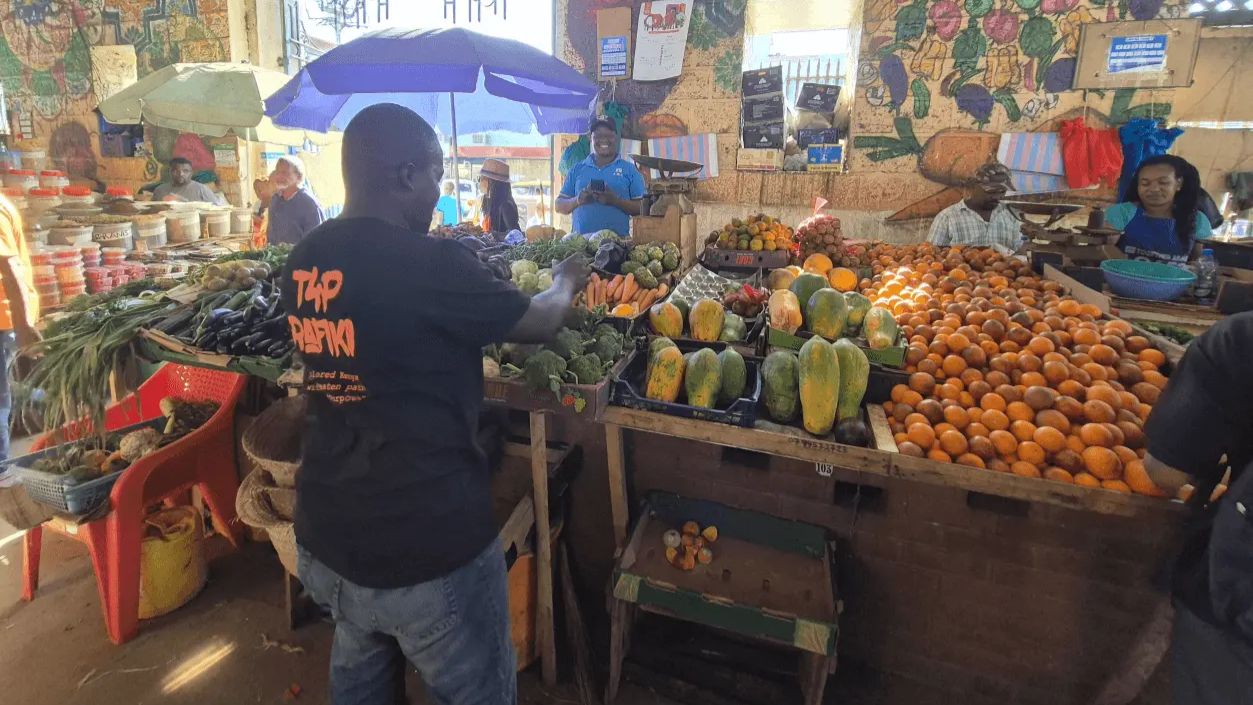
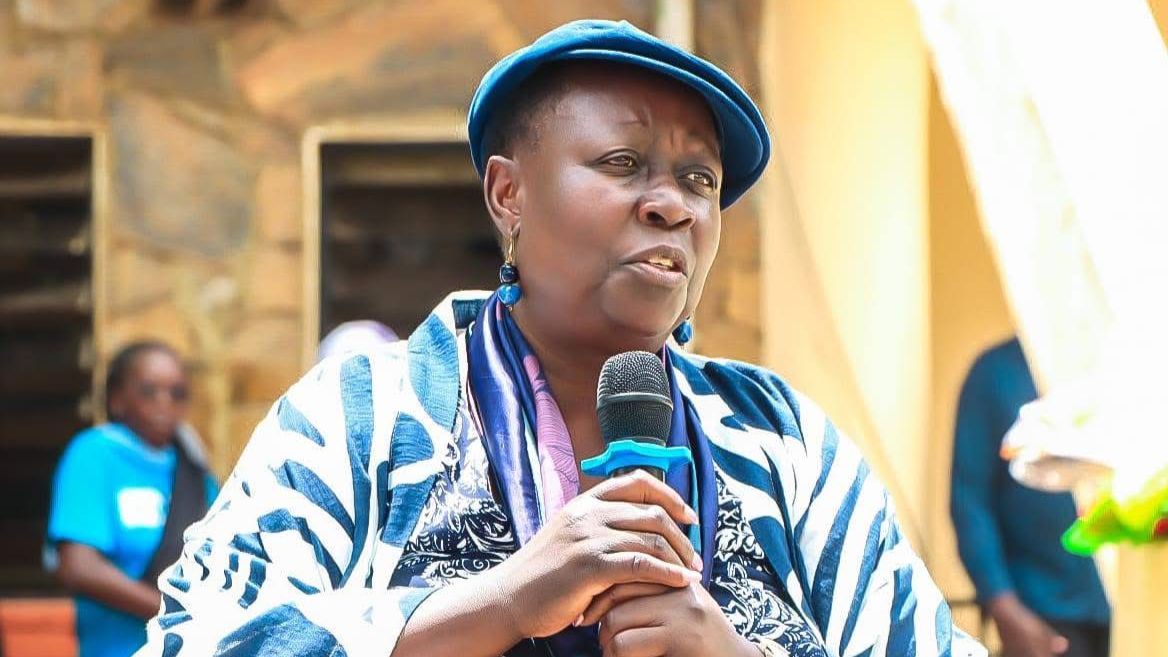
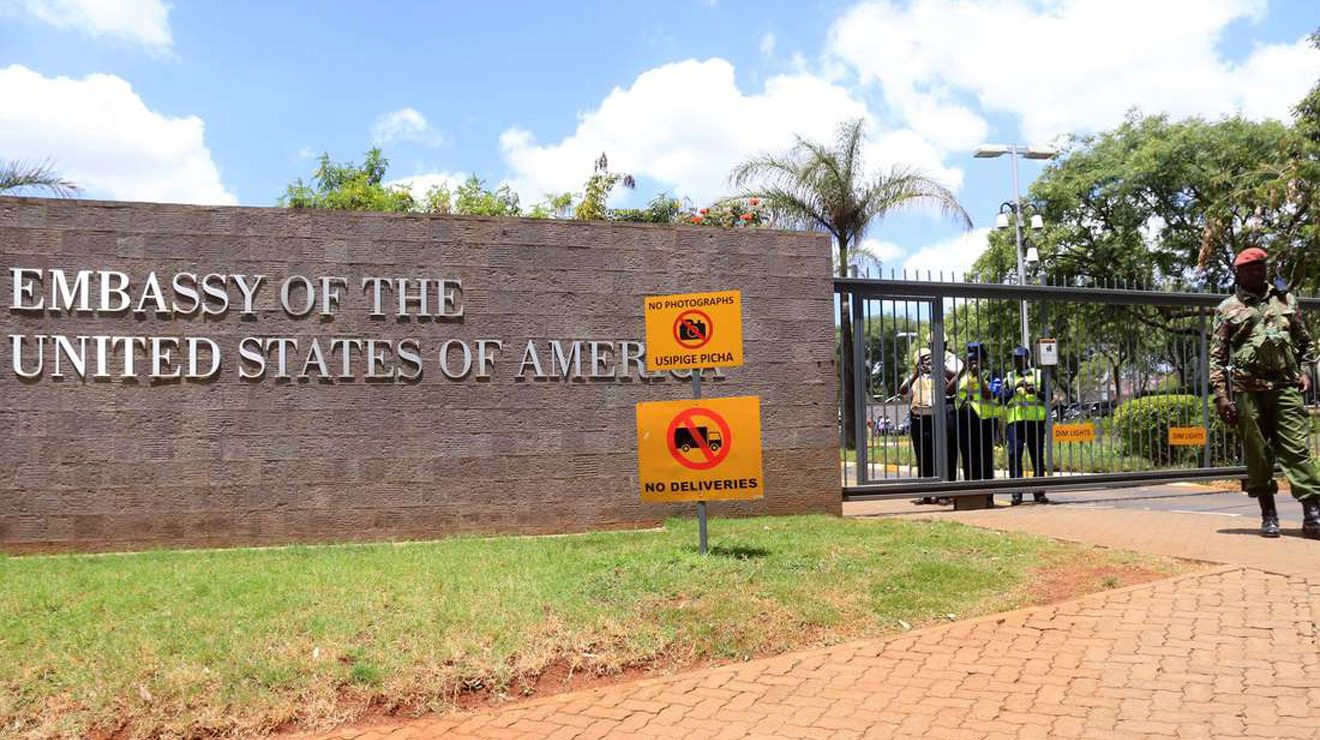

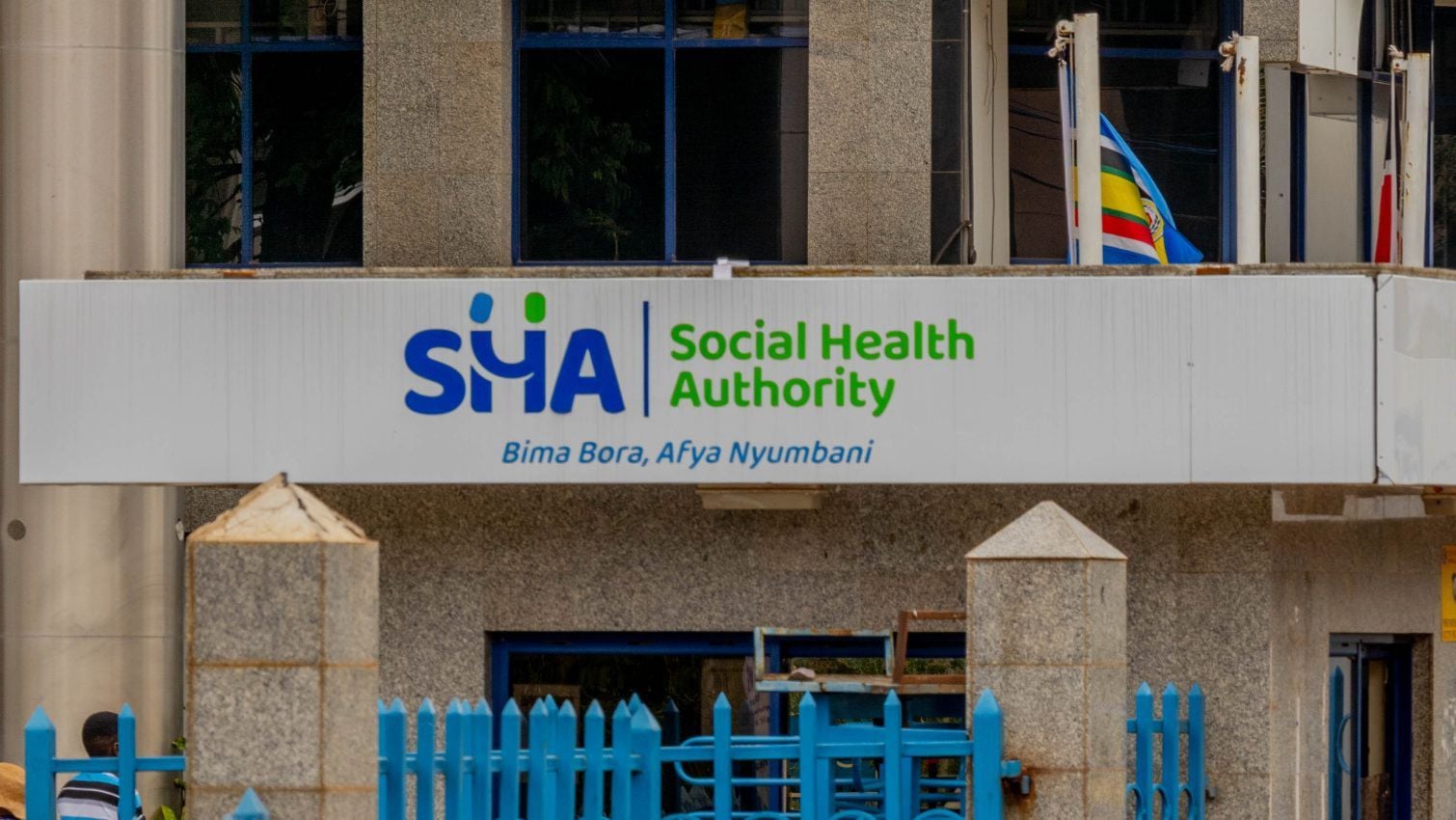
-1772447580.jpg)